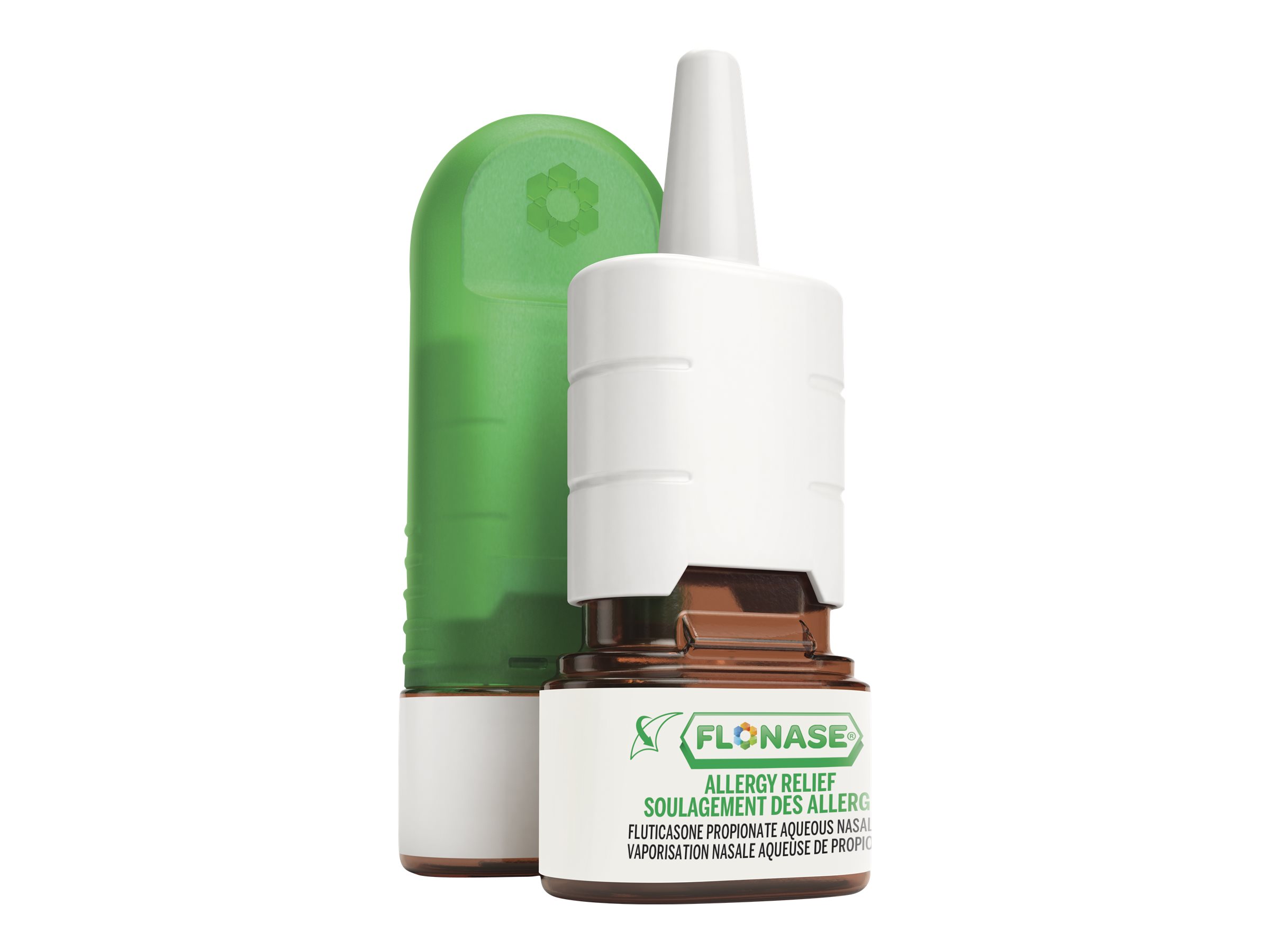
Tums is a popular brand of antacid that is used to provide relief from heartburn, acid indigestion, and sour stomach. It has become a household name for those seeking quick and effective relief from these common digestive issues. In addition to its effectiveness, many people are also curious about the nutritional aspects of Tums. How many calories does it contain? What about the vitamins and minerals? In this article, we will explore the 15 Tums nutrition facts, providing you with a comprehensive understanding of the nutritional value of this well-known antacid. Whether you’re a regular Tums user or simply curious about its nutritional profile, read on to learn more about what you’re consuming when you reach for a bottle of Tums.
Key Takeaways:
- Tums is a tasty and low-calorie way to get quick relief from heartburn, while also giving your body a boost of calcium for strong bones and teeth.
- Remember to chew Tums thoroughly for maximum effectiveness, and consult a healthcare provider if you have frequent or persistent heartburn.
Tums provides quick relief for heartburn.
Tums is a well-known antacid that helps neutralize excess stomach acid, providing fast relief for heartburn symptoms.
Each Tums tablet contains calcium carbonate.
The active ingredient in Tums is calcium carbonate, a natural compound that effectively reduces stomach acid acidity.
Tums is a calcium supplement.
In addition to relieving heartburn, Tums also provides a significant amount of calcium, which helps support healthy bones and teeth.
Tums is low in calories.
A serving of Tums typically contains less than 10 calories, making it a convenient and calorie-conscious option for heartburn relief.
Tums is free of sugar and gluten.
If you have dietary restrictions, you’ll be glad to know that Tums is both sugar-free and gluten-free, making it suitable for a variety of dietary needs.
Tums comes in various flavors.
To cater to different taste preferences, Tums is available in a range of flavors such as peppermint, cherry, and orange, making it easier to find one that suits your palate.
Tums can be taken as needed.
You can take Tums whenever you experience heartburn symptoms, as it provides quick relief on an as-needed basis.
Tums helps with indigestion.
In addition to reducing heartburn, Tums can also alleviate symptoms of indigestion, such as bloating and discomfort.
Tums is safe for occasional use.
Tums is considered safe for occasional use. However, if you experience frequent or persistent heartburn, it’s recommended to consult your healthcare provider.
Tums should be chewed thoroughly.
To maximize the effectiveness of Tums, it’s important to chew the tablets thoroughly before swallowing. This allows the active ingredients to work more effectively.
Tums should not be used as a long-term solution.
While Tums is effective for temporary relief of heartburn, it should not be used as a long-term solution. If you have chronic heartburn, it’s important to address the underlying causes with your healthcare provider.
Tums can be taken with or without food.
Tums can be taken with or without food, depending on your preference and the severity of your heartburn symptoms.
Tums can interact with certain medications.
If you are taking other medications, it’s crucial to consult your healthcare provider before taking Tums, as it can interact with certain drugs and affect their absorption.
Tums should be stored at room temperature.
To maintain the effectiveness of Tums, it should be stored at room temperature, away from excessive heat or moisture.
Tums can be purchased over-the-counter.
You can easily find Tums at most pharmacies and grocery stores, as it is an over-the-counter medication available without a prescription.
Overall, Tums is a popular and trusted antacid that provides quick relief for heartburn symptoms. With its calcium carbonate formula, low calories, and various flavors, it’s a convenient option for those seeking temporary relief. Remember to follow the recommended dosage and consult your healthcare provider if you have any concerns about using Tums.
Conclusion
In conclusion, understanding the nutrition facts of Tums can help you make informed choices about incorporating them into your diet. Tums are a popular antacid that can provide relief from heartburn and indigestion. They contain calcium carbonate as the active ingredient, which helps neutralize excess stomach acid. Tums are generally safe for consumption, but it’s important to follow the recommended dosage and consult with a healthcare professional if you have any underlying medical conditions or are taking other medications.
While Tums can provide temporary relief, they should not be used as a long-term solution for digestive issues. It’s always best to address the root causes of heartburn and indigestion through lifestyle changes such as maintaining a healthy diet, avoiding trigger foods, and managing stress.
FAQs
1. Are Tums considered a food?
Tums are actually classified as a dietary supplement rather than a food. They are specifically designed to provide relief from heartburn and indigestion.
2. Can Tums be taken on an empty stomach?
Yes, Tums can be taken on an empty stomach. However, they may be more effective when taken with food as they can work together to neutralize stomach acid.
3. How many Tums can I take in a day?
The recommended dosage of Tums varies depending on the specific product and individual needs. It’s important to read the instructions on the packaging and consult with a healthcare professional to determine the appropriate dosage for you.
4. Can Tums be taken during pregnancy?
Tums are generally considered safe for use during pregnancy. However, it is always recommended to consult with a healthcare professional before taking any medications or supplements during pregnancy.
5. Can Tums be taken with other medications?
Tums may interact with certain medications, so it’s important to check with a healthcare professional or pharmacist before taking them alongside other medications. They can provide guidance on any potential interactions and recommend the best course of action.
Was this page helpful?
Our commitment to delivering trustworthy and engaging content is at the heart of what we do. Each fact on our site is contributed by real users like you, bringing a wealth of diverse insights and information. To ensure the highest standards of accuracy and reliability, our dedicated editors meticulously review each submission. This process guarantees that the facts we share are not only fascinating but also credible. Trust in our commitment to quality and authenticity as you explore and learn with us.


